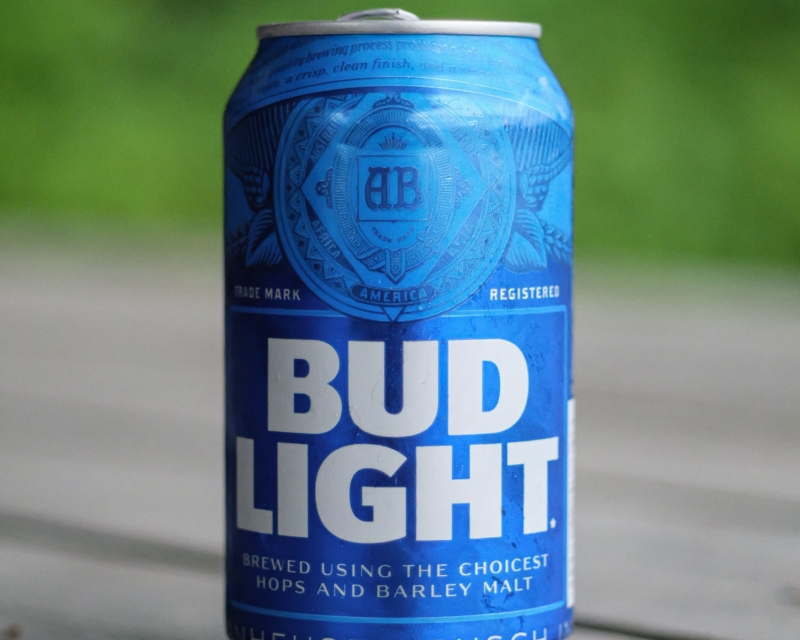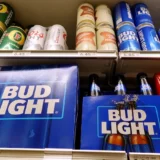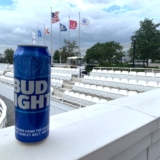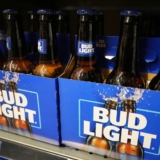Decline in U.S. Revenue Amidst Bud Light Controversy, Makes a Comeback with UFC Deal
The beer behemoth Anheuser-Busch InBev is reeling from a significant blow in its U.S. market performance, with a shocking 13.5% drop in revenue during the third quarter, owing to the beleaguered state of its flagship brand Bud Light. The decline comes in the aftermath of a springtime debacle that ensued after the brand’s ill-fated collaboration with transgender activist Dylan Mulvaney.
It was revealed that Bud Light’s sales began to plummet in the U.S. in April, soon after the brand’s creation and delivery of customized beer cans to Mulvaney, commemorating her supposed “365 days of girlhood.” This move, coupled with statements from Bud Light’s erstwhile marketing vice president, triggered a wave of public outcry and calls for consumers to boycott the brand, effectively dealing a severe blow to its market share.
The ripple effect of this unfortunate incident was palpable, as AB InBev faced a substantial 17.1% decline in its North American sales volume during the same period. The prior quarter saw a 14.5% dip in North American sales, a setback exacerbated by Bud Light’s loss of its long-standing title as the best-selling beer in the U.S., conceding the throne to Constellation Brands’ Modelo Especial.
Despite these distressing figures, AB InBev experienced growth in nearly 80% of its global markets, including the Middle Americas and Africa. However, the overall volumes slumped by 3.4%, largely attributed to the stark drop in U.S. sales.
In a strategic bid to reclaim the tarnished image of the Bud Light brand in the North American market, AB InBev recently clinched a substantial victory by replacing Modelo as the official beer partner of the Ultimate Fighting Championship (UFC).
In a recent announcement, UFC CEO Dana White unveiled the culmination of a groundbreaking six-year deal with Anheuser-Busch, poised to feature the prominent visibility of the Bud Light brand across UFC’s digital and broadcast content from 2024 onward. While sources close to the agreement highlighted it as the most substantial sponsorship deal in UFC’s history, White underscored that the decision was not solely predicated on financial incentives.
Acknowledging the controversy that marred Bud Light’s recent past, White emphasized the importance of aligning with a partner whose values resonate with the ethos of the organization. Defending the decision, he shed light on Anheuser-Busch’s extensive contributions to the American economy, including substantial employment opportunities and support for local farmers.
As AB InBev navigates the turbulent waters stirred by the Bud Light fiasco, the renewal of its partnership with the UFC signifies a strategic maneuver aimed at rejuvenating the brand’s appeal and relevance in the American market. Whether this move will successfully steer the company back on the path to recovery remains to be seen.





